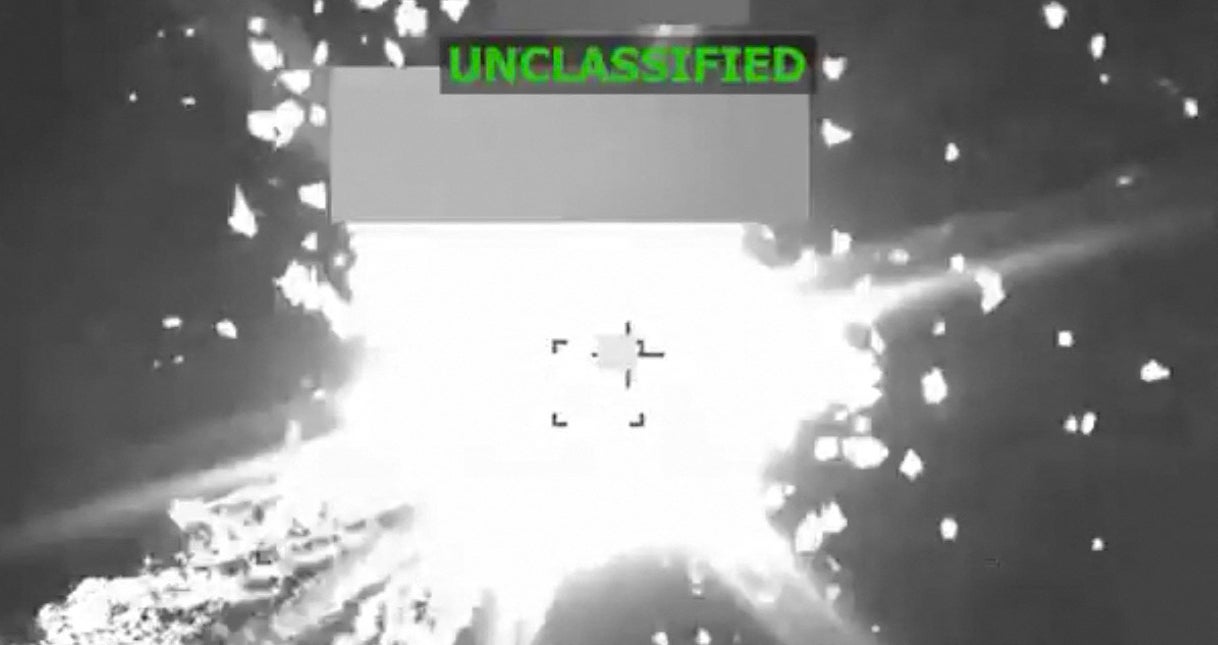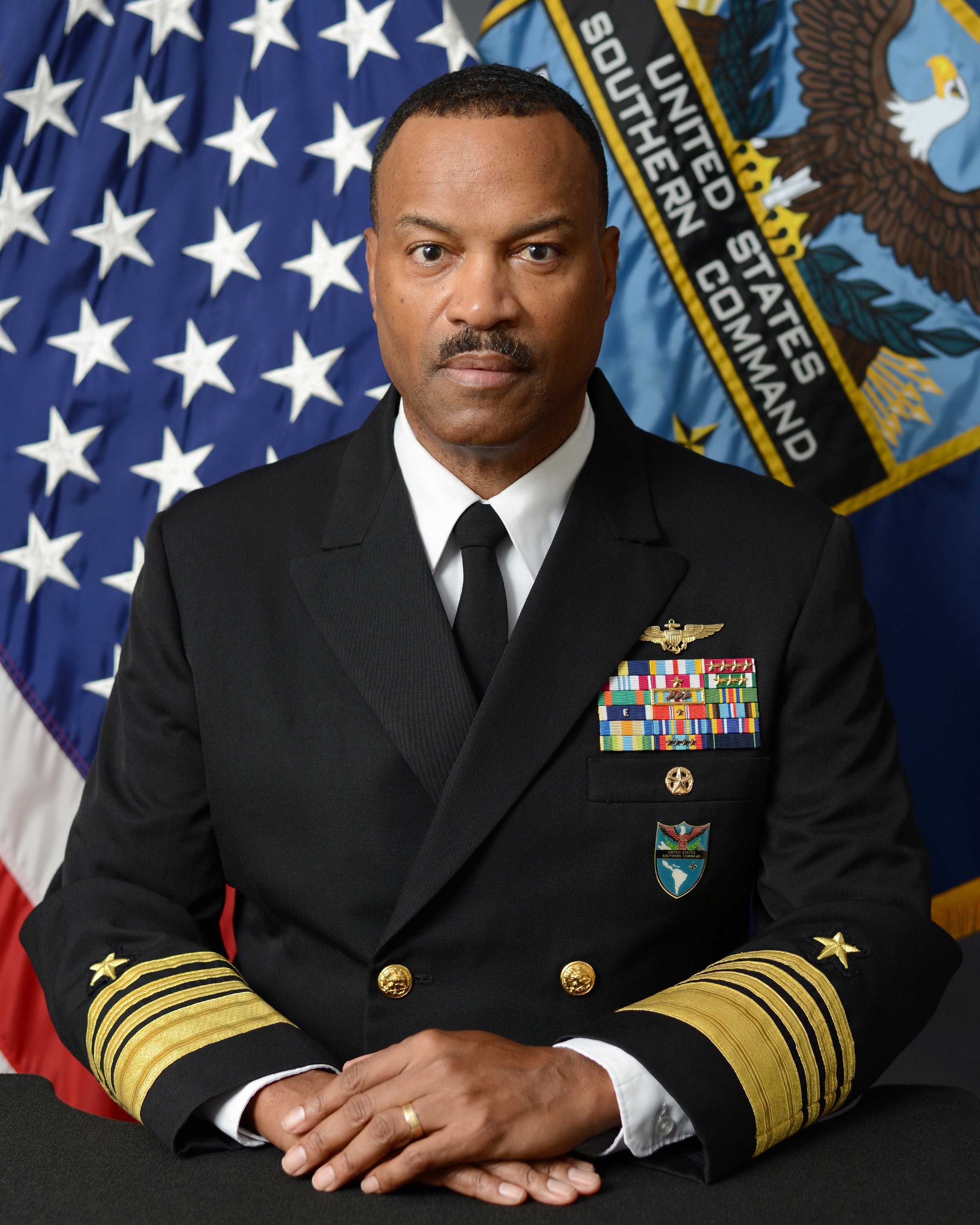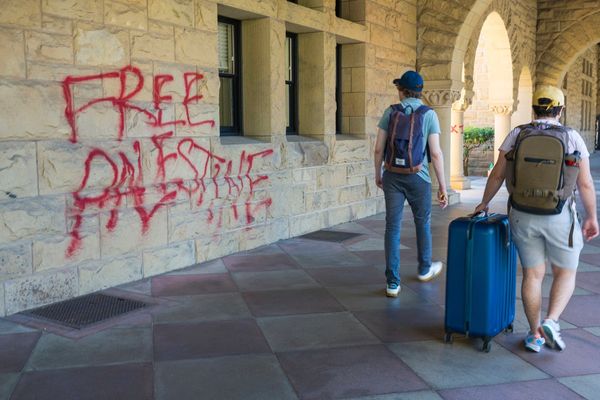A top military lawyer raised concerns over the legality of the Trump administration’s strikes on “drug boats” in the Caribbean and eastern Pacific, but was ignored by higher-ups, according to a new report.
The senior judge advocate general (JAG), posted at U.S. Southern Command in Miami, reportedly raised concerns that the strikes against the alleged “narco-terrorists” could amount to extrajudicial killings and legally expose American service members involved in such operations.
His concerns were raised in August, the sources said, prior to the first strikes which occurred against small boats in the Caribbean on September 2. The strikes have since expanded with assaults on the eastern Pacific, killing at least 80 people in all in 20 strikes on alleged smuggling craft.
The JAG was identified as Marine Colonel Paul Meagher by several of the sources who spoke to NBC. Operations of a similar nature typically move forward based on the opinion of the JAG, though they can be overruled by higher administration officials.
Meagher’s reported concerns align with those of human rights groups and experts on international law who have also warned that the strikes are illegal, with the governments of both Venezuela and Colombia accusing the Trump administration of engaging in extrajudicial murder.


Other internal fallout from the strikes has included the upcoming resignation of the head of Southern Command, Admiral Alvin Holsey, who announced in October that he would be stepping down this month after less than a year in a job – a role that typically lasts about three.
In a statement shared with The Independent, Chief Pentagon Spokesman Sean Parnell denied claims that the operations were illegal.
“The War Department categorically denies that any Pentagon lawyers, including SOUTHCOM lawyers, with knowledge of these operations have raised concerns to any attorneys in the chain of command regarding the legality of the strikes conducted thus far because they are aware we are on firm legal ground,” Parnell said.
“Our current operations in the Caribbean are lawful under both U.S. and international law, with all actions in complete compliance with the law of armed conflict.”
The Independent has also contacted the White House for comment on the reports.

It comes shortly after a secret memo from the Department of Justice green-lighting the strikes revealed that the justification for such force was based entirely on assertions made by the president.
According to the memo, seen by The New York Times, such strikes are deemed appropriate because of the idea that the U.S. and its allies are at present legally in a state of armed conflict with drug cartels – assertions that the White House has repeatedly made.
As a result, the argument goes, the killing of those suspected of running the drugs falls within the lawful purview of Trump’s wartime powers.
Trump’s argument that the U.S. is engaged in an “armed conflict” with drug cartels relies on the same legal authority used by the George W. Bush administration when it declared its “War on Terror” after the Al-Qaeda attacks of September 11, 2001.
Gangs expand to nearly half the towns in the Brazilian Amazon, report finds
Trump plans on raising $1B to build his presidential library in downtown Miami
Trump and Vance not invited to Dick Cheney’s funeral
Effects of Trump’s immigration crackdown laid bare in US border town
Congresswoman denies ‘baseless’ indictment accusing her of stealing FEMA funds
Trump threatens critics with death penalty as Epstein files release questions remain







